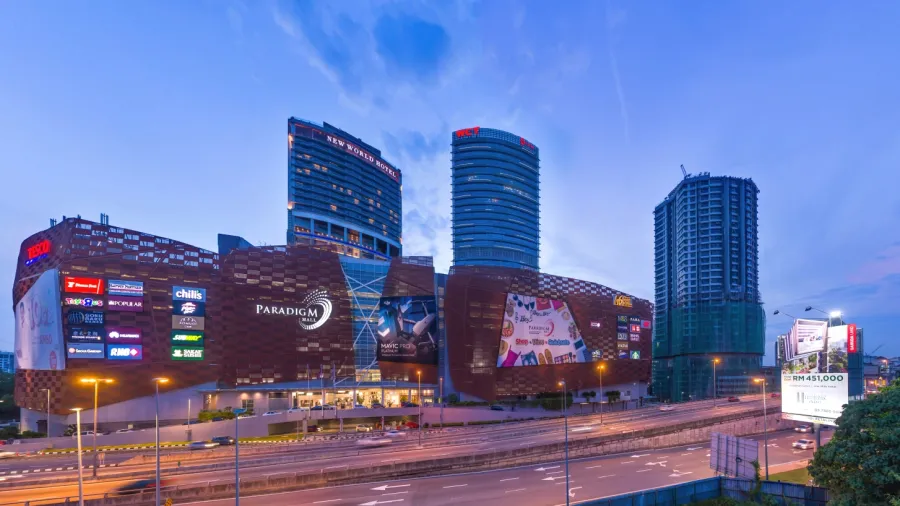
How WCT Malls boosted tenant sales via targeted marketing
Through targeted marketing, the mall group boosts tenant sales and occupancy rates.
UNIQUE retail experiences are crucial in attracting customers, especially younger demographics, according to Malaysia’s WCT Malls.
“Unless there’s something that they can't do back at home, then they will come up to the mall whether it's meeting their friends, watching a movie, doing some kind of sports or adventures,” WCT Malls CEO Selina Chua told Retail Asia.
She cited initiatives such as adventure-themed parks and specialty events.
“Having unique things that they have to come to the malls to do encourages them to come regularly,” Chua said.
Targeted marketing
Last year, WCT Malls reported a notable 22% increase in tenant sales and occupancy rates. Chua attributed this growth to targeted marketing campaigns tailored to the shopping preferences of their visitors.
“By understanding the shoppers that come to the mall, we’re able to have very focused, strategic marketing campaigns that target these shoppers, so when they come into malls and shop, they will spend [time] in the mall, and that has really helped our tenants in terms of sales,” she said.
“Shoppers now can do a lot of shopping back home. The younger shoppers are much more internet, and IT savvy. They need something really different, and you need to get them out of the house,” she pointed out.
WCT Malls has adopted a strategic marketing approach tailored to each mall’s unique characteristics, including airport locations and Paradigm Malls.
Chua highlighted specialised events such as the Garfield look-alike contest, which successfully attracted niche groups like orange cat lovers, boosting foot traffic and spending.
Balancing local and international appeal
Moreover, the chief executive also addressed the challenge of maintaining a balance between local cultural authenticity and international brand presence within WCT Malls.
She cited efforts of the group to introduce local street food and regional brands alongside international names, catering to diverse consumer preferences and enhancing the overall mall experience.
Chua stressed the need for malls to offer compelling reasons for customers to visit beyond mere shopping. This includes expanding entertainment options like VR (virtual reality) experiences, go-karting, and trampolines, ensuring that the mall remains a destination for socialisation and leisure.
Additionally, Chua also noted the readiness of its tenants to accept e-wallets such as WeChat Pay, Alipay, and Union Pay to cater to international visitors, particularly Chinese tourists, ensuring competitiveness in the market.



















 Advertise
Advertise






